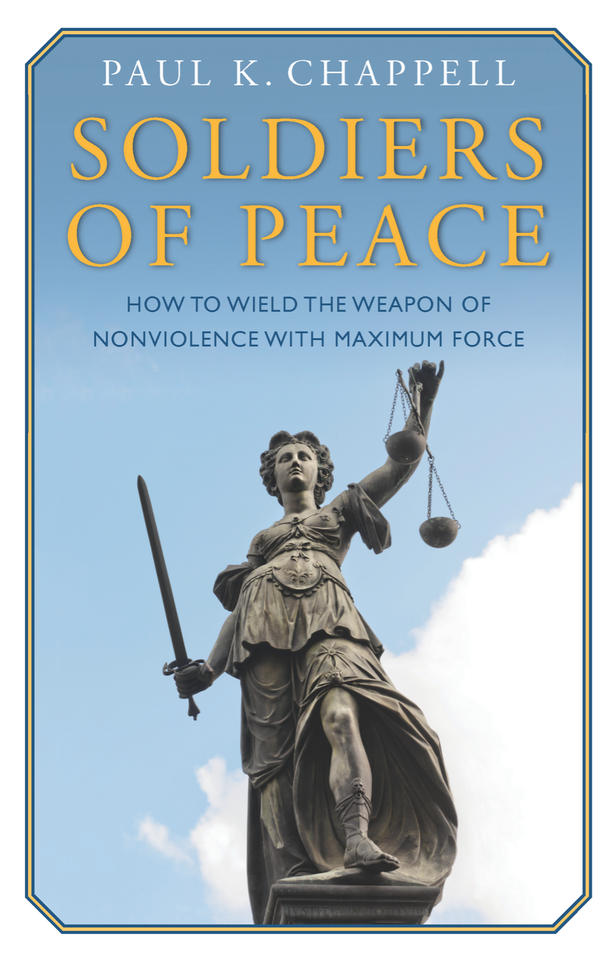Churchill’s choice to fight — even though, as the writer of the Oldman movie claims, he veered dangerously close to the idea of a compromise with Hitler — was the result of a patriotic calculation. If you don’t fight, you lose the empire, was one line of argument. The other, implicit, but understood above all by the Labour moderates around the Cabinet table of the all-party coalition — Clement Attlee and Arthur Greenwood — was about domestic politics.
Boris Johnson, in his recent biography of Churchill, constructs a convincing alt-history around the question: what would have happened to the world in a “non-Churchill universe”? Nazi tyranny across Europe is the answer — but Johnson can’t quite bring himself to complete the picture by asking what it might have done to British politics. The answer is, they would have exploded. In a non-Churchill universe, the Labour leaders, under pressure from their mass base, might never have joined the National Government. They would certainly have broken with it if, under cover of a semi-press blackout, the British government had handed Malta, Gibraltar and some African colonies to Germany and then sued for a separate peace. To sell that peace to the public, the entire supercilious apparatus of the media, monarchy and civil service would have been deployed.
Churchill’s genius in 1940 was not just that he understood the military situation, but that he understood the dynamics of the British class system and what kept working-class radicalism in check better than any Conservative member of the cabinet.
Both the current Churchill biopics portray him as a flawed elitist, past his prime, drawing on emotion and willpower to make an otherwise inexplicable break with his blundering past. Meanwhile the Dunkirk movie portrays Britain as a kind of sepia postcard, in which people manning the flotilla boats stand like model figurines against fragments of Nimrod from Elgar’s Enigma Variations. Though all three films are eminently watchable, it is important to understand that a false reality is being constructed, in which class conflict, ignorance and the deep pro-fascist sympathies of the large sections of the British elite are edited out. Once you factor them back in, the redemptive character of Churchill’s actions become all the more impressive.
Emphasis Mine
Fascism is what the Capitalists want when the petite-bourgeoisie and proletariat want change. Fascism allows the Capitalists to pit the petite-bourgeoisie against the proletariat.
Fascism always starts as a petite-bourgeoisie revolutionary movement as has been happening in the US. This movement manifested itself as the TEA Party, White Rights, Mens Rights, etc.. The latter are all based on groups that have lost power under social changes. These groups want to return to a mythical past.
This is the danger with Donald Trump. His political base is within the petite-bourgeoisie. He has to align with fascist tendencies if he wants to keep their support. He had to do this at the recent Charlottesville protests.
Even if Trump does not have Fascism as his destination, his reliance on those who do, drives him in that direction. This tendency will be deepened as Trump comes into conflict with other factions within the Capitalist class. He needs the support of the Fascists to survive any political fight.




